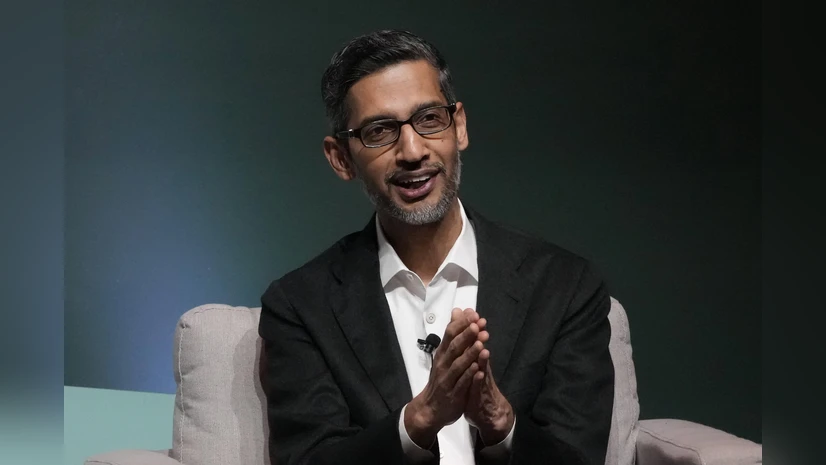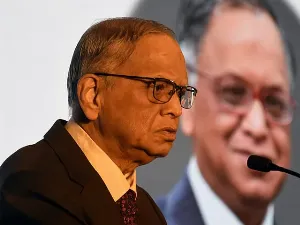Sundar Pichai Warns of Risks in AI Investment Surge

Sundar Pichai, the Chief Executive Officer of Alphabet, the parent company of Google, has expressed concerns about the rapid rise in artificial intelligence (AI) investments, describing elements of the current boom as 'irrational'. In an exclusive interview with BBC News at Google's headquarters in California, Pichai discussed the broader implications of this investment surge, stating that no company, including Google, would be immune to the potential fallout should the AI bubble burst.
The remarks come amid growing anxiety within Silicon Valley and beyond as AI technology companies have seen their valuations skyrocket in recent months. Alphabet's stock has doubled in value over the past seven months, reaching a market capitalisation of $3.5 trillion (£2.7 trillion), as investors gain confidence in the company's ability to compete with rivals such as OpenAI, the creator of ChatGPT.
Pichai noted that while the current moment in the AI sector is exciting, it is also accompanied by caution. "I think no company is going to be immune, including us," he stated, highlighting the fragility of market confidence in the face of rapid valuation increases.
As Alphabet continues to develop its AI capabilities, it is focusing on creating specialised superchips that compete with those produced by Nvidia, a company recently valued at $5 trillion. However, analysts have begun to question the sustainability of a complex web of deals surrounding OpenAI, which is projected to generate revenues this year that are minuscule compared to the substantial investments being made in the sector.
Concerns over a potential 'dotcom bubble' scenario have resurfaced, reminiscent of the late 1990s when the values of internet companies soared before crashing in 2000, resulting in significant job losses and diminished savings for many investors. Pichai's comments echo earlier warnings by US Federal Reserve Chairman Alan Greenspan regarding 'irrational exuberance' in the marketplace. He stated, "We can look back at the internet right now. There was clearly a lot of excess investment, but none of us would question whether the internet was profound. I expect AI to be the same. So I think it's both rational and there are elements of irrationality through a moment like this."
The conversation also touched on Alphabet's recent commitment to invest £5 billion in the UK over the next two years to boost AI infrastructure and research. Pichai confirmed that Alphabet plans to enhance its AI research capabilities in the UK, particularly through its unit DeepMind, which is based in London. He mentioned that Google would begin to train its AI models in the UK, aligning with government efforts to establish the country as a leading AI technology hub, following the US and China.
Despite the optimism surrounding AI, Pichai warned about the significant energy demands associated with the technology, which accounted for 1.5% of global electricity consumption last year, according to the International Energy Agency. He emphasised the need for advancements in energy sources and infrastructure to avoid limiting economic growth.
"You don't want to constrain an economy based on energy, and I think that will have consequences," he cautioned. Pichai acknowledged that the energy requirements for AI development might delay Alphabet's climate targets but reiterated the company's commitment to achieving net zero emissions by 2030 through investment in new energy technologies.
He also addressed the impact of AI on employment, describing it as 'the most profound technology' humanity has ever worked with. Pichai acknowledged that the rise of AI would lead to societal changes and disruptions in various job sectors. "It will evolve and transition certain jobs, and people will need to adapt," he stated, adding that individuals who learn to leverage AI tools will have a competitive advantage in their respective fields.
In summary, while the AI investment landscape appears promising, Pichai's insights underscore the need for caution and preparedness for potential market corrections and societal shifts as the technology continues to evolve.

Sheikh Hasina Sentenced to Death; Bangladesh Seeks Extradition from India

Founder of Al-Falah University Arrested in Money Laundering Case

Narayana Murthy Advocates 72-Hour Work Week, Sparks Health Concerns

Zohran Mamdani Faces Criticism from Eric Trump After Election Victory





